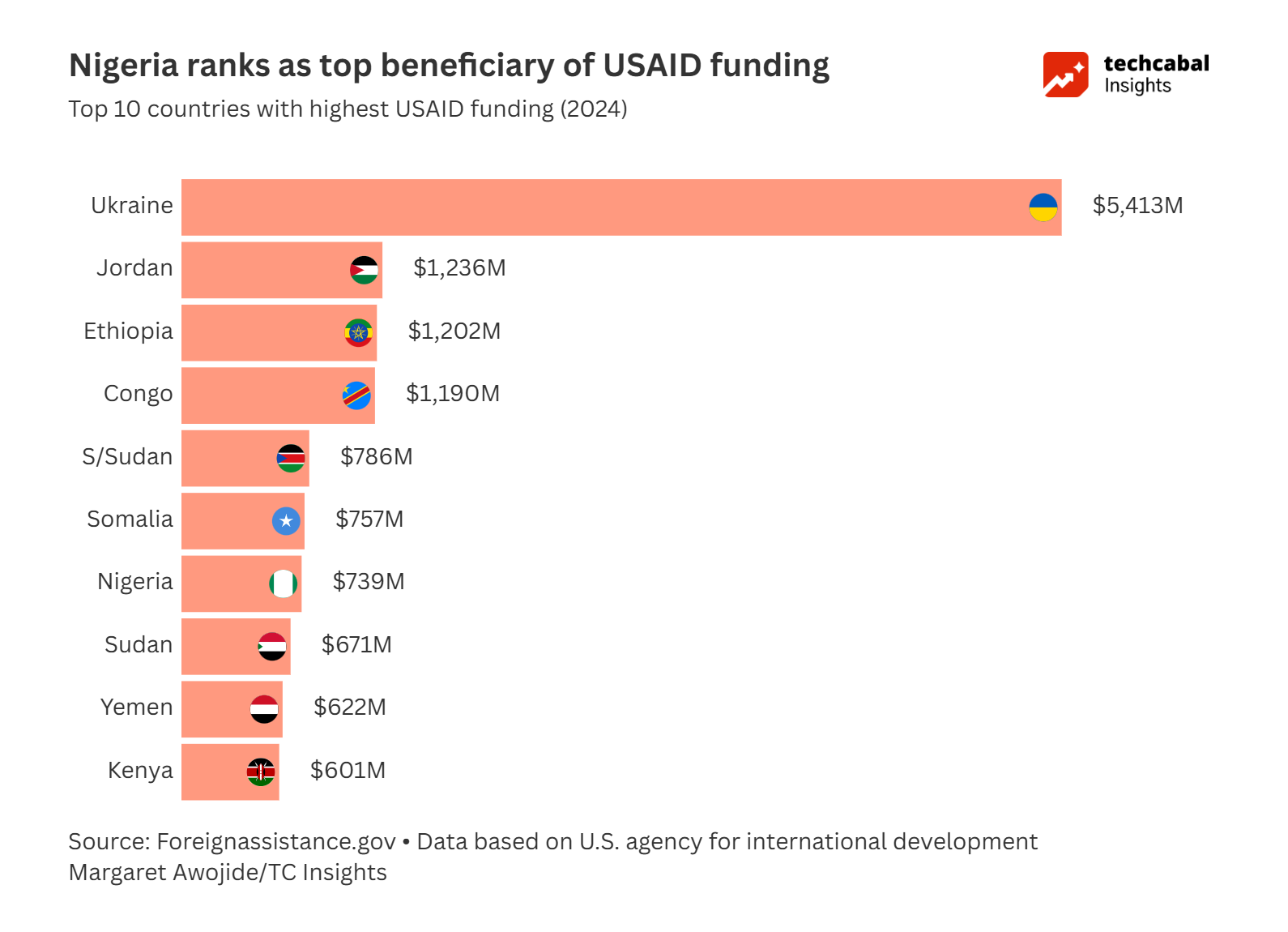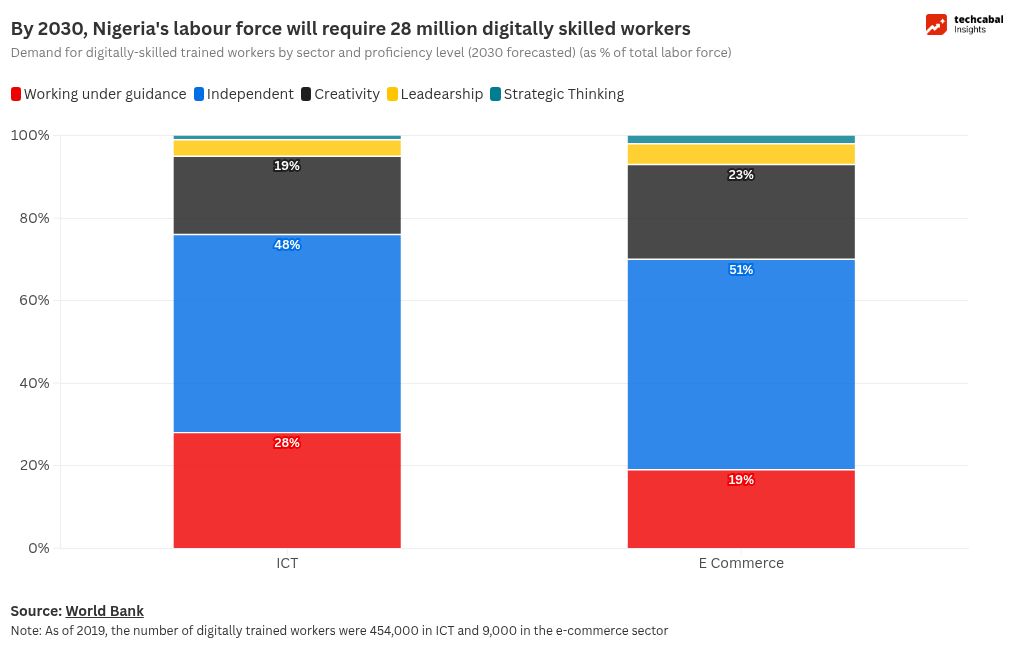Where it all began
In telling the story of startup exits in Africa, it makes sense to start at the beginning – with Thawte Consulting. Founded in 1995 by South African entrepreneur Mark Shuttleworth, Thawte was an internet security company that grew rapidly, capturing about 8–10% of the global digital certificates market at a time when Africa had barely any startup activity.
By December 1999, Thawte was acquired by VeriSign Inc., a leading internet certificate authority, for $575 million (worth roughly $1 billion today after adjusting for inflation).
The deal marked the first major tech startup exit on the continent, setting a precedent for what was possible. But after that groundbreaking acquisition, activity went quiet; few notable exits followed over the next decade.
More than 25 years later, Africa has gone from a handful of early acquisitions to over 50 mergers and acquisitions recorded in 2025 alone.
Exits are how backers realise value
An exit is how startup founders and investors realise the value of their equity, typically through selling the company, initial public offering (IPO) or merging with another company. While many founders aim for an exit, not all are favourable.
There are cases, such as a distressed acquisition, where founders lose value from an exit. An example is Bitmama’s acquisition of PayDay which came just nine months after PayDay raised a $3 million seed round. Following allegations of operational debt and governance issues against PayDay and its founder, Favour Ori, the company entered acquisition talks and was eventually bought by Bitmama, in a deal reportedly valued at about $1 million in equity.
Ultimately, preparation, transparency, financial discipline, operational efficiency, and global positioning determine the quality of a startup’s exit.
ALSO READ: How can African tech deliver more exits?
Among these exit paths, one that is quietly gaining traction is the secondary sale, when early investors or founders sell part of their stake to new investors, often before a full acquisition or IPO. This exit allows early backers to realise returns while the company continues to grow.
For example, Oui Capital partially exited its $150,000 investment in Moniepoint and when the company reached unicorn status, they realised about $8 million from the deal. More recently, Silverbacks Holdings, an African-focused private investment firm, sold part of its stake in OmniRetail, returning about five times its initial investment.
Startup exits in Africa have matured since 2020
Exits in Africa’s startup ecosystem have significantly matured since 2020. The continent has seen marquee deals such as Paystack’s $200 million acquisition by Stripe in 2020 and BioNTech’s purchase of InstaDeep in 2023, both of which brought global attention to African innovation. Data from Market Intel by TechCabal Insights shows that between 2023 and 2025, the continent has recorded over 100 startup exits, including more than 50 mergers and acquisitions in 2025 alone — the highest annual figure in the past five years.
ALSO READ: The strategic exits reshaping Africa’s fintech market
The state of startup exits in 2025
Fintech is one industry that continues to define African tech. As of early 2024, the EIB Finance in Africa Report recorded 1,263 fintech startups operating across the continent. In the same year, fintech companies attracted over $1 billion in funding, accounting for 47% of funding raised in Africa.
The same dominance holds true for exits. As of September 30, 2025, TechCabal Insights recorded that 20 of the 48 recorded M&A deals came from fintech companies. Some of the most notable acquisitions include Stitch’s acquisition of ExiPay (South Africa), C-One’s acquisition of Bankly (Nigeria), and Moniepoint’s acquisition of Sumac Microfinance Bank (Kenya). Beyond fintech’s dominance, other sectors such as energy, telecoms, and automotive are slowly catching up as the ecosystem broadens.
ALSO READ: The state of tech in Africa H1 2025: $1.42B raised amid record M&A activity
Exits don’t happen evenly across the continent. As with most startup activity, the “Big Four” – Kenya, South Africa, Egypt and Nigeria – dominate the M & A landscape. As of September 30, 2025, Kenya and South Africa emerged as Africa’s top M & A hotspots, followed by Egypt, Nigeria, and Zambia.
Despite the increase in the number of acquisitions, public listings are still very rare in Africa’s tech ecosystem. Since Jumia’s IPO on the New York Stock Exchange, very few startups have IPOed. But there’s hope for the future. Flutterwave has already announced plans to go public once it achieves profitability. In Nigeria, Tizeti, an internet service provider, also intends to list on the Nigerian Exchange (NGX), while in Egypt, ValU, a buy-now-pay-later company recently floated some of its shares on the Egyptian Exchange (EGX). These moves signal a gradual shift toward using local capital markets for liquidity, a step that would likely make IPOs a more accessible exit path on the continent.










